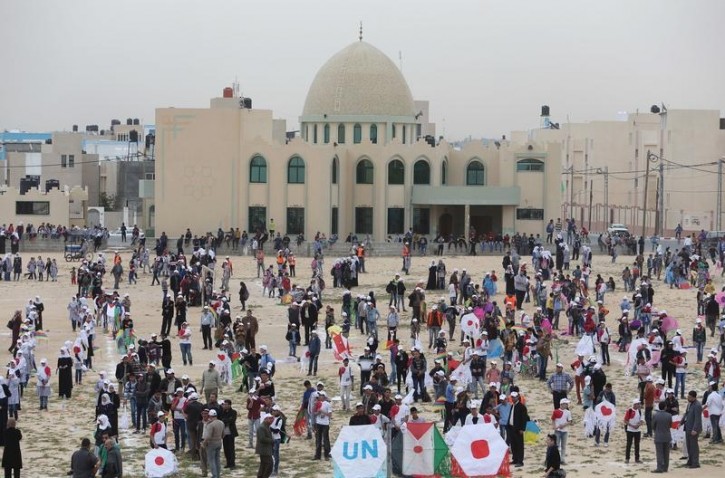
United Nations – The head of the U.N. agency for Palestinian refugees expressed hope Tuesday that Saudi Arabia, the United Arab Emirates and Kuwait will come up with $80 million to ensure that 500,000 boys and girls who are refugees can start the next school year on time in August.
Last year, a $101 million shortfall in the budget of the agency, known as UNRWA, almost led to a delay in starting school.
Pierre Krahenbuhl told a news conference Tuesday that the three Gulf countries came to the rescue last year and he hopes they will “renew the generosity this year.”
“If we could have that, then we will be able to avoid another crisis this summer,” he said.
UNRWA operates 700 schools for Palestinian refugees with 22,000 education staff in the West Bank, Gaza, Jordan, Lebanon and Syria. Last year’s funding crisis almost led to a delay in the start of the school year.
Krahenbuhl stressed the importance of education for Palestinian refugees, many who have spent their lives in camps, as key to giving them hope for the future.
Compared to school systems in the United States, Krahenbuhl said the Palestinian refugee school system would be the third largest after New York and Los Angeles.
He said UNRWA, “has been in challenging financial circumstances for many years and many decades, and the notion is to learn from last summer’s large-scale crisis.”
“We are working very hard early in the year to prevent a repetition of this crisis,” Krahenbuhl said, pointing to UNRWA’s adoption of a zero-growth budget and measures to contain costs and expenditures.
“We appeal to donors to be very engaged on their side also, to help us bridge this year’s shortfall which is currently still at $80 million,” he said, especially the three Gulf states.
As reported by Vos Iz Neias
